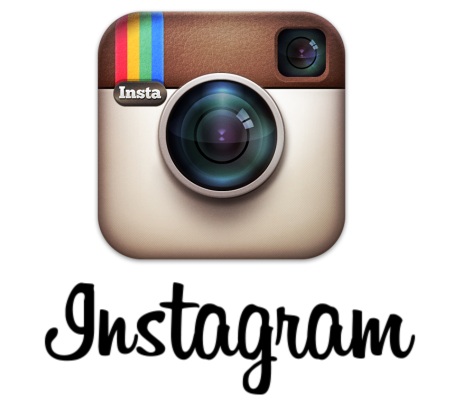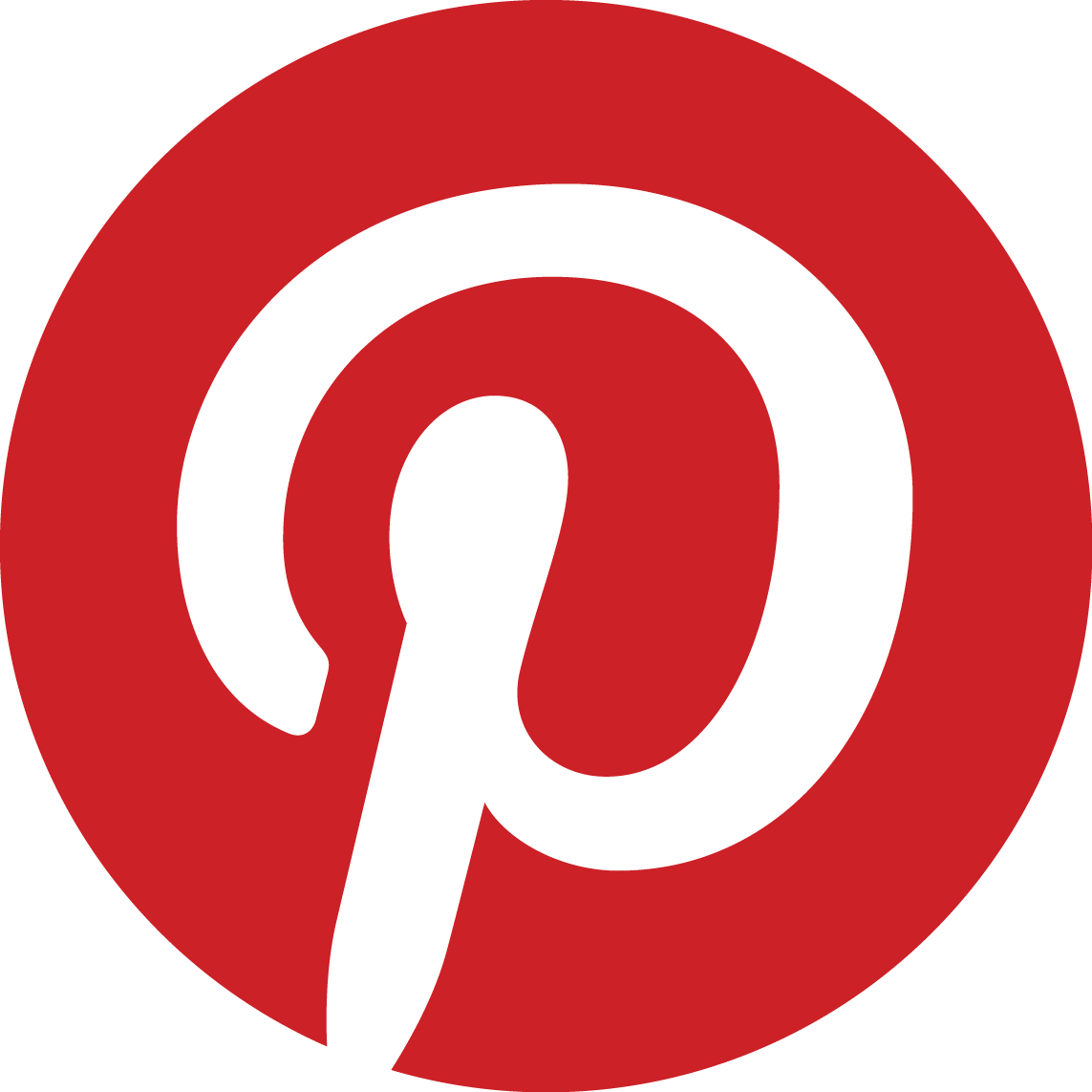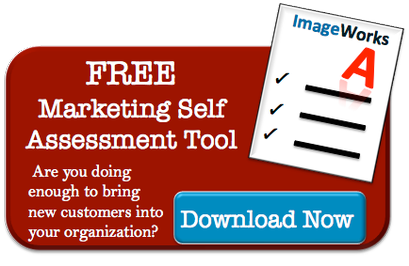Q: Which social networking platform should you use in your social media marketing campaign?
A: All of them!
Not too long ago, radio and television were the prime mediums through which to reach your target audience. Not anymore! Facebook. Twitter. Instagram. LinkedIn. Google+. Pinterest. Tumblr. Vine. Snapchat. It seems like everyday witnesses the launch of a new program. Do not, however, make the mistake of believing that they are all the same! In fact, each social media network is unique, and thus can serve a unique purpose in a business' social media marketing campaign. Today, you must have multiple links into the widespread social media marketing realm and you must understand the unique purpose of each social networking site if you wish to initiate and maintain an efficient social media marketing campaign.
 When Mark Zuckerberg launched Facebook in 2004, he and his fellow founders restricted the social networking service, granting membership only to Harvard University students. Ten years later, however, practically anyone with a valid email address can join the network. Needless to say, even businesses are welcome to explore and to participate in the social network. With over a billion active monthly users, Facebook is the most popular and most personal social networking site. The site nevertheless serves as a fun and easy way for a business to reach its target audience at home and on-the-go with the popular mobile app.
When Mark Zuckerberg launched Facebook in 2004, he and his fellow founders restricted the social networking service, granting membership only to Harvard University students. Ten years later, however, practically anyone with a valid email address can join the network. Needless to say, even businesses are welcome to explore and to participate in the social network. With over a billion active monthly users, Facebook is the most popular and most personal social networking site. The site nevertheless serves as a fun and easy way for a business to reach its target audience at home and on-the-go with the popular mobile app.
A Facebook page and the various posts on it should help convey a company's story. Because its users not only share their own personal stories, but also explore the stories of other individuals and groups, you can expect that they will spend the time to take an in depth look into your profile and your posts. On your profile or page, you can describe the function of your business, its history, contact information, location, and even include pictures of your office, your latest event, your newest product. Essentially, you can use your page to outline your corporation's background story and key points. In short, simple, compelling, entertaining posts, you can elaborate on your story, as well as prompt viewers to share their opinions about or experiences with your service or product. More specifically, you can include your company logo in your posts and on your profile, increasing the exposure of your logo and sparking the memories of your viewers. Within the realm of social media marketing, Facebook is basically the umbrella site, encompassing elements of many other social networking sites; Facebook is not, however, the only social networking site that should be used in a social media marketing campaign!

Twitter comes second only to Facebook in the list of popular social networking sites. With 100 million users just in the United States, Twitter is the ideal medium with which to spark interest within your target audience, to engage your audience in conversation, and to listen to what said audience has to say about your business. In short 140-word "tweets," you can relay witty and intriguing bits of information, as well as show images to your followers. You can also join or initiate conversations relating to your company's service or product. In addition, your followers can "retweet" information or images that you share with them, ensuring that your name and purpose spreads into people's personal networks and consequently to those who may not know about your business yet.
Including a link to your Twitter feed on your website gives your prospective customers or clients a chance to engage in constant conversation with your company. Your tweets must therefore be original and authentic to your corporation's aura. If you tweet about a piece of breaking news, for example, you must offer a unique perspective or fresh take in order to differentiate your company's tweet from the other tweets about the same subject. Using creative and memorable hashtags (#) garner attention from preexisting and prospective followers. Hashtags also enhance your corporation's searchability, making it easier for people to find and access your page. After people have connected with your Twitter account, they may tweet at you, offering praise, criticism, or asking questions. Twitter thus becomes the perfect way to listen to what your customers and consumers have to say about your service or product.
 Since its initial release in 2010, the photo-sharing social platform, Instagram, has captured around 150 million active monthly users. The mobile social networking service allows members to share original photos and videos not only on Instagram itself, but also on other social media sites such as Facebook and Twitter. After a user snaps a photo, Instagram shapes it into a square aspect-ratio, and then allows the user to employ basic editing techniques independently, such as applying various filters. In a corporation's social media marketing campaign, Instagram serves an essential role. Similar to Facebook and Twitter, Instagram allows professional users to advertise their brand, to tell their story, and to build connections. In fact, posting a photo to Instagram for free can be just as effective as paying for a printed advertisement.
Since its initial release in 2010, the photo-sharing social platform, Instagram, has captured around 150 million active monthly users. The mobile social networking service allows members to share original photos and videos not only on Instagram itself, but also on other social media sites such as Facebook and Twitter. After a user snaps a photo, Instagram shapes it into a square aspect-ratio, and then allows the user to employ basic editing techniques independently, such as applying various filters. In a corporation's social media marketing campaign, Instagram serves an essential role. Similar to Facebook and Twitter, Instagram allows professional users to advertise their brand, to tell their story, and to build connections. In fact, posting a photo to Instagram for free can be just as effective as paying for a printed advertisement.
The content posted on Instagram should be unique, artistic, and feel personal rather than commercial. The photos or videos should attract potential customers on a personal level, rather than on the formal and professional level that a newspaper or magazine advertisement might. Instagram posts can be shared on other social networking sites, increasing exposure to many more possible consumers than a fixed printed advertisement. Beneath a posted picture, Instagram provides a small space in which to include a complimentary caption. In the caption, hashtags (#) should be included in order to help users connect to your page and to increase the page's exposure. Catchy hashtags also make an image or a company name more memorable. Subsequently, followers can "like" and comment on posts, showing their support for a company and its service or product.

Reported to have 48.7 million users in February 2013 and rising to 70 million users in July 2013, Pinterest is undoubtedly and rapidly approaching the popularity of other social media sites such as Facebook and Instagram. On Pinterest, users can "pin" recipes, inspirational quotes, articles, products, services, and tips that peak their interests to virtual "pinboards." After creating pinboards, users can organize and share their pins with others. Essentially, Pinterest allows its users to visually convey who they are, who they aspire to be, what they want, where they plan to go, what they need, and other glimpses into their personal thoughts and feelings. While Pinterest may sound solely personal at first, the site actually fits perfectly into a corporation's social media marketing campaign. In fact, users are 79% more likely to purchase a product or service that they find on Pinterest than one that they see on Facebook.
To harness the many benefits that Pinterest offers to a social media marketing campaign, you must be sure to understand the nature of the site. When people pin an image to one of their boards, they are both sharing that content with others and saving that content for their own future reference. Therefore, every piece of content added to Pinterest should be unique and visually appealing. Users are searching for and attracted to high-quality and captivating photos, quotes, and content. Because many users find material for their own boards from the assortment of content that others have "repinned" or shared, it is very important to post distinctive and intriguing content that people will want to pin to their own boards, and thus share with others. Beneath each post, include a short and catchy caption to further trigger viewers' interest and understanding of the function of your business. Furthermore, every pin should include a link to your corporation's website, allowing users to transform into future clients or customers.
 While other social media sites allow you to target potential customers or clients on a more personal level, LinkedIn brings your social media marketing campaign full circle, back to the professional base from which it began. Unlike Facebook, Twitter, or several other social networking sites, LinkedIn is a business-oriented, rather than a personal, piece within the social media realm. Since its initial launch in 2003, the networking site has gained over 250 million users. Users can create a list of their skills, search for jobs, join groups pertaining to their professional interests, connect with others in the business world, follow their favorite companies, and essentially display their resumé in an accessible, organized manner.
While other social media sites allow you to target potential customers or clients on a more personal level, LinkedIn brings your social media marketing campaign full circle, back to the professional base from which it began. Unlike Facebook, Twitter, or several other social networking sites, LinkedIn is a business-oriented, rather than a personal, piece within the social media realm. Since its initial launch in 2003, the networking site has gained over 250 million users. Users can create a list of their skills, search for jobs, join groups pertaining to their professional interests, connect with others in the business world, follow their favorite companies, and essentially display their resumé in an accessible, organized manner.
In a corporation's social media marketing campaign, LinkedIn helps convey both your employee's professional competency, and the credibility of your corporation as a whole. Because a company's page often includes links to employee's personal profiles, users can explore the accomplishments, credentials, education, and professional past of your employees. If users see that your employees are proficient and intelligent, they will feel more comfortable relying on your business to provide them with the quality product or superior service that they desire. On your profile, you can explain current projects that your company may be working on and outline past accomplishments that your company has made. The networking site also allows you to advertise job opportunities within your company, helping you to attract valuable and skillful employees. LinkedIn allows your business to transcend the social realm of Facebook or Pinterest and gain notoriety within the professional realm. Essentially, while creating a significant presence on social sites is very important, proving your professional credibility and competency is also crucial.

